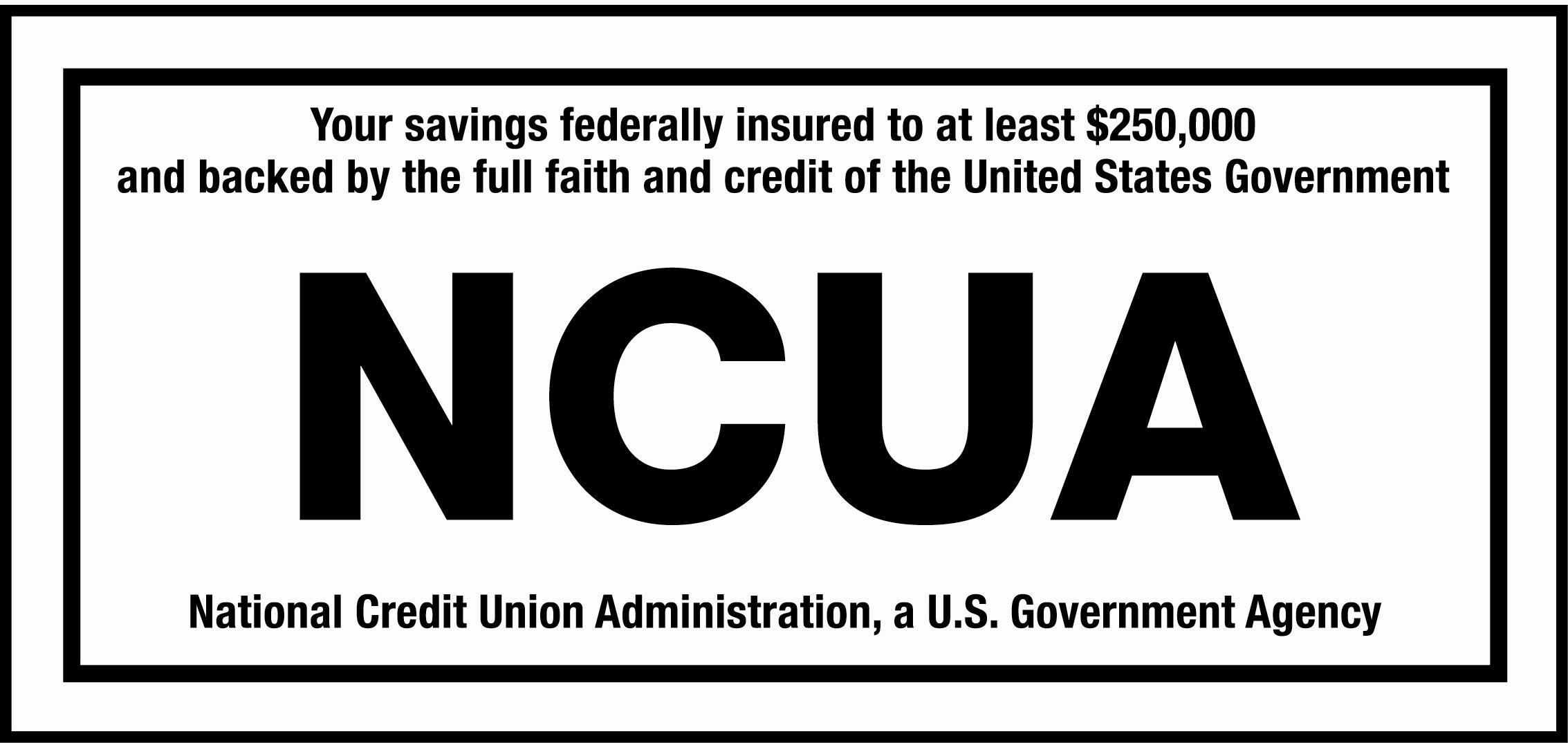Balancing Your Checkbook
Knowing how to successfully balance your checkbook is an important component of sound person money management. Balancing your checkbook gives you more control over your day-to-day finances and can help you reduce or eliminate overdraft fees, Non-sufficient (NSF) fees or reduce unnecessary spending.
Organization plays a key role in successful checkbook management. The same organizational tools used to manage your checkbook can be applied to other areas of your personal finance matters including budgeting, debt management, savings, investments and retirement planning.
Before You Get Started
Before you start balancing your account, gather together the following items:
- Your checkbook register or duplicate checks
- Your current account statement
- All deposit, withdrawal or debit card purchase receipts (including ATM transactions) you’ve collected during the statement period.
Balancing
Each month when you receive your checking account statement, follow the steps outlined below to ensure your checkbook balances.
Step 1 – Check-Off Items
Obtain your checkbook register and check off the following items listed on your checking account statement:
- Personal checks
- ATM withdrawals
- Debit card purchases
- Automatic payments and transfers
- Deposits
If any of the above items 1 through 5 are on your checking account statement, but not in your checkbook register, verify that they are your items. If they are, then record them in your checkbook register, and adjust your register balance.
Step 2 – Log Unrecorded Items
Enter each Organization charge/fee charged against your checking account and/or interest added to your checking account into your register and adjust your register balance.
Step 3 – Total Outstanding Deposits
List and total all deposits in your checkbook register that have not been listed on your checking account statement. The total will be used in Step 5.
|
Date: |
Amount |
|
|
1. |
|
|
|
2. |
|
|
|
3. |
|
|
|
4. |
|
|
|
5. |
|
|
|
Total |
|
|
Step 4 – Total Checks Outstanding
List and total all draft and other payments in your checkbook register that have not been listed on your checking account statement. The total will be used in Step 5.
|
Date: |
Amount |
|
|
1. |
|
|
|
2. |
|
|
|
3. |
|
|
|
4. |
|
|
|
5. |
|
|
|
6. |
|
|
|
7. |
|
|
|
8. |
|
|
|
9. |
|
|
|
Total |
|
|
Step 5 – Balance Account
Complete the following table:
|
Instruction |
Amount |
|
|
ENTER your ending balance from your checking account statement |
$ |
|
|
ENTER and ADD the total outstanding deposits from Step 3 |
|
|
|
Total |
|
|
|
ENTER and SUBTRACT the total checks outstanding from Step 4 |
|
|
|
TOTAL should equal the balance in your checkbook register |
|
|
If the balance in your checkbook register does not equal the result above, go to Step 6.
Step 6
Recheck Steps 1 through 5. Compare the amount entered on your checking account statement to the amounts you entered in your checkbook register. Check for addition and subtraction errors in your checkbook register.
TROUBLE SHOOTING TECHNIQUES
If the adjusted balance on your checking account statement does not equal the ending balance in your checkbook register, then your checking account is not in balance. This means an error was made somewhere. If this occurs, check the following:
- Are ATM transactions, checks, automatic payments/deposits, debit card purchases, service charges, interest, etc. accounted for?
- Did you double check your addition and subtraction, both on the worksheet above and in your checkbook registers?
- Did you compare the dollar amounts shown on your checking account statement with the dollar amounts recorded in your checkbook register?
- Did you compare deposits shown on your checking account statement with deposits recorded in your checkbook register and on your deposit receipts?
Need to find out more? As a member of Health Care Family Credit Union, you can take advantage of the GreenPath Financial Wellness program, a free financial education and counseling program. GreenPath counselors are available Monday through Thursday 8 a.m. to 10 p.m. (EST), Friday 8 a.m. to 7 p.m. and Saturday from 9 a.m. to 6 p.m. To utilize this service, simply call 1-877-337-3399 or visit the GreenPath page on our website by clicking here! https://healthcarefamilycreditunion.org/greenpath-financial-wellness.html



